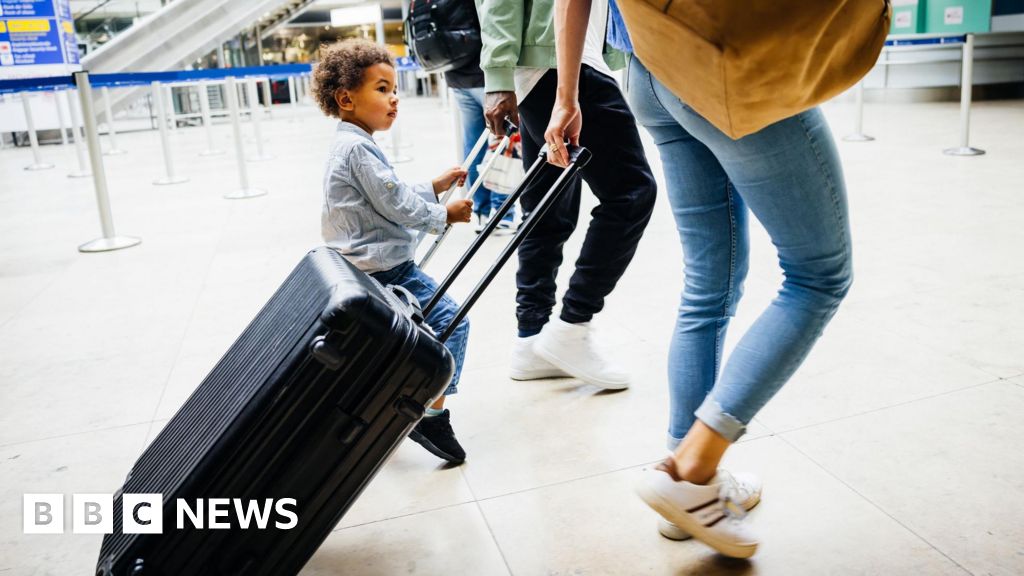Nearly a third of people who visited the emergency room for a cannabis-related concern developed a new anxiety disorder within three years, according to research released Monday.
The study—published today in The Lancet’s open access journal eClinical Medicine—is said to be the most comprehensive examination of the relationship between cannabis use and anxiety to date.
Canadian researchers examined the health records of more than 12 million people living in Ontario between 2008 and 2019 who had no record of an anxiety disorder, or of receiving treatment for one. Those who had an emergency room visit for cannabis use during that period were more than three times more likely to be diagnosed with a new anxiety disorder—at an outpatient visit, emergency room, or hospital—within three years, the study found. They were also nine times more likely to require another health care visit—an outpatient or ER visit, or a hospitalization—for an anxiety disorder down the road.
Young cannabis users—ages 10-24 and males, in particular—were at particularly elevated risk, researchers noted.
Does cannabis help or hurt anxiety? Expert opinions are mixed
Scientists aren’t sure if cannabis use leads to anxiety, or if anxiety symptoms in many cannabis users are pre-existing but underdiagnosed, prompting users’ attempt to self-medicate.
Regardless, the study’s authors cautioned against the use of cannabis to treat anxiety. There’s a lack of evidence for its efficacy, they wrote. What’s more, using it may delay some from starting evidence-based treatments like prescription medication and/or therapy, or make their symptoms worse.
A 2020 study published in the Journal of Translational Medicine noted that THC—the main psychoactive ingredient in cannabis—has been noted to increase anxiety, while CBD—a cannabis-derivative that isn’t psychoactive—has been noted to decrease it.
An April 2023 study published in Cureus documented an increase in emergency room visits for psychiatric effects of cannabis after Michigan legalized the drug in 2018. Nearly 20% of emergency room visits over a two-year period at one unnamed hospital in the state resulted in a diagnosis of cannabis-induced anxiety, researchers found.
In a 2018 note published in the New England Journal of Medicine Journal Watch, Dr. Peter Roy-Byrne, the publication’s senior consulting editor for psychiatry, called cannabis use a “Band-Aid” strategy for those with mood- and anxiety-disorder symptoms that may temporarily improve how they feel, but worsen outcomes long-term.
“Absolutely no study suggests cannabis use as a viable therapeutic strategy for anxiety and depression,” he wrote. “ … Ongoing use that is more than occasional would likely hurt therapeutic outcomes, and cessation or marked reduction of use to at most weekly would likely improve them.”
Credit: Source link











